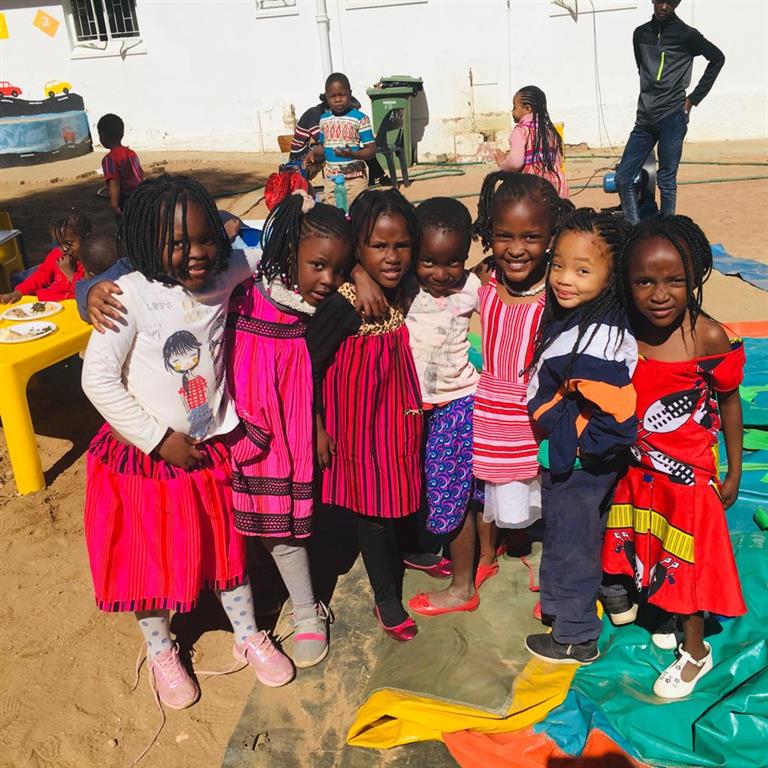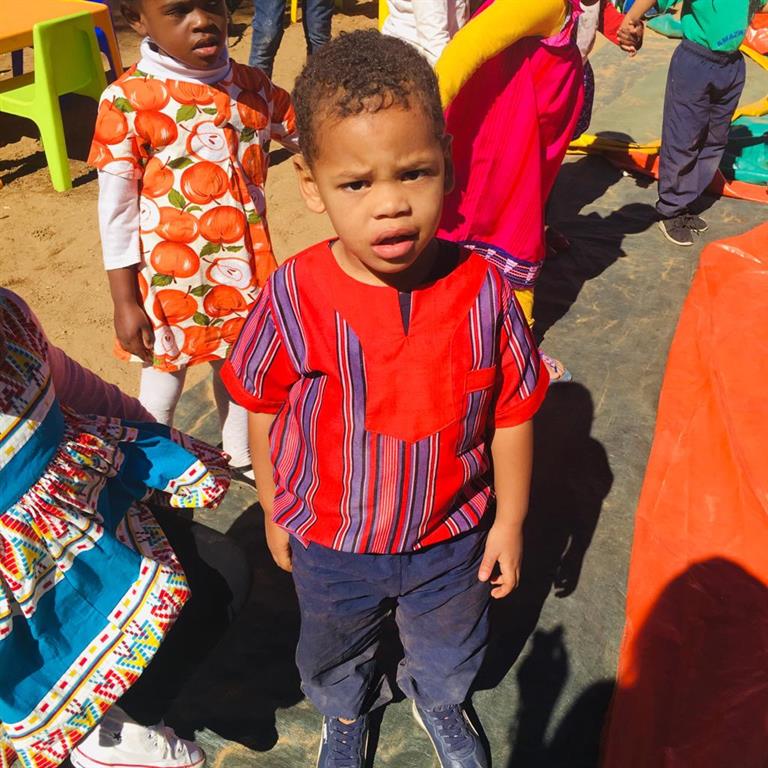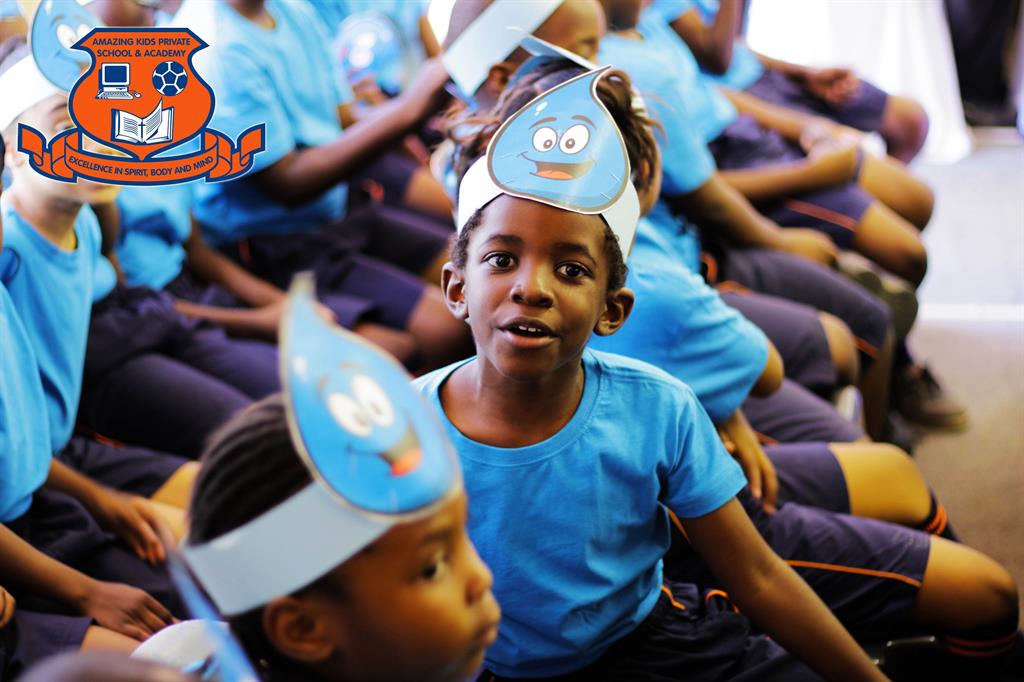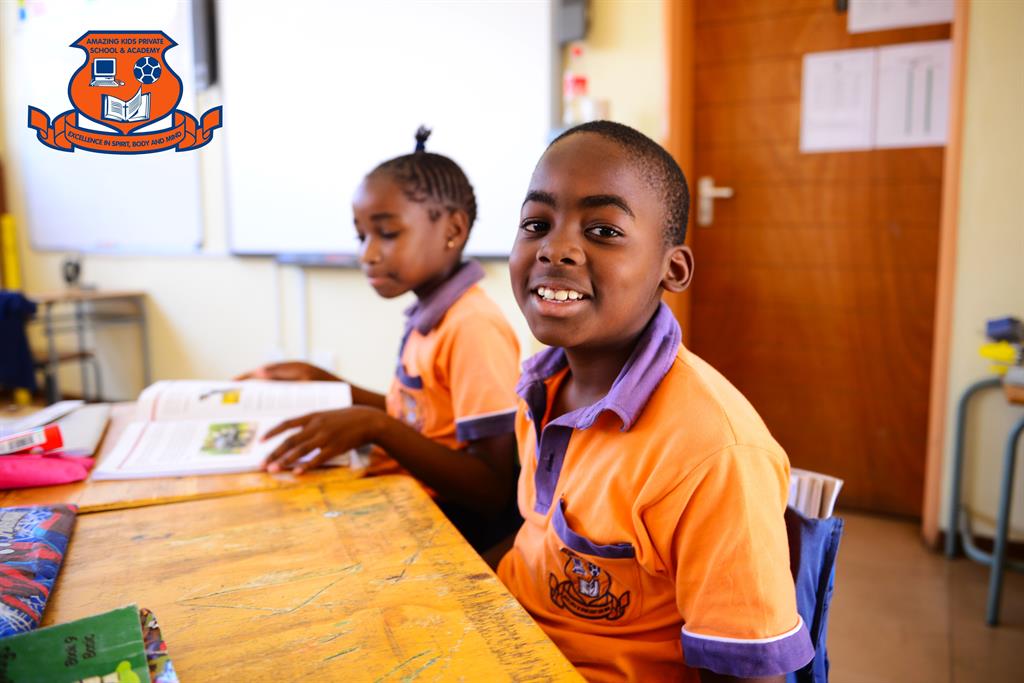The day of the African child
Andrea ShafombabiOn 16 June 1976 in Soweto, South Africa, approximately ten thousand black school children participated in a march in protest to the appalling quality of education as well as demanding for their right to be educated in their own languages. It is estimated that 20000 students participated in the protest in which over 500 youths were killed on that fateful but glorious day.
Since 1991, the African Union acknowledged June 16 as the day to accolade the youth who participated in the protest as well as raising awareness of the need to improve of the standards and quality of education provided to African children as well as an ameliorate life.
This year’s theme for the celebration of African child’s day is “Humanitarian Action in Africa: Children’s Rights First.” Humanitarian action is intended to assist, save lives, alleviate suffering and maintain human dignity during, after natural disasters or man-made crises.
This year the Amazing Kids High School commemorated the day with a showcase of various presentations from different grades, tribes and foreign language classes. The prayer warriors kicked off the program with the Namibian national anthem and the AU anthem. The grade 9 and 10 history learners presented the poem “Africa my beginning and Africa my ending” by Ingouple Madingone and a play “BEHIND THE PIETERSON” by Them a Myando in their respective grades. The high school choir rendered one of the musicals from the famous movie Sarrafina. Four students from grade 8, 10 and 12 created a burning desire in the hearts of many to belt out along with them as they sang.
In addition, there were performances from various groups such as the Portuguese students, Nama/Damara, Angolans and Ovaherero with performances which brought the audience to their feet.
The Day of the African Child celebrations created a sense of gratitude to those who fought for the so much desired children’s rights as well as fostering the value of every child, the rights to a well-rounded education, decent life, shelter and a bright future. No child should be denied the right to freedom of choice no matter the race, tribe or origin.
“I continue to believe that if children are given the necessary tools to succeed they will succeed beyond their wildest dreams!” David Vitter said.










Comments
My Zone
No comments have been left on this article